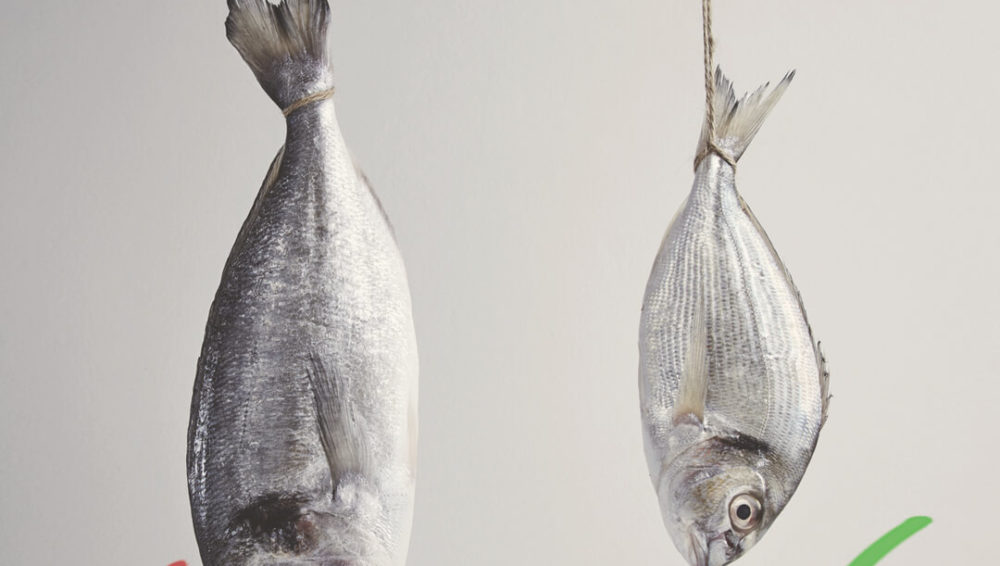How mercury gets into fish and affects our babies
Nutrition

There are traces of mercury in virtually every kind of fish and shellfish. But the big fish contain higher levels.
Eating large amounts of these fish can result in high levels of mercury in your body. For Your Child, who eats what you eat, mercury can damage the developing brain and nervous system. Pregnant women and nursing mothers should avoid eating fish high in mercury.
What is mercury?
Mercury is a metal found naturally in the environment. But human industrial activities, such as farming, burning coal, and manufacturing, increase mercury cycling through the air, water, and soil. Fish absorb this mercury. When you eat fish containing mercury, you absorb the mercury, and at high levels, it can be harmful. Larger fish are generally riskier to eat than smaller ones because they feed on the smaller fish and accumulate all the mercury in their prey, and, also, they live longer than the smaller fish and accumulate more over the years.
How does it harm Your Child?
Mercury accumulates in your bloodstream over time and slowly leaves the body through urine, feces, and breast milk. If you eat a lot of fish high in mercury, it may take up to a year for your mercury levels to drop after you stop eating the fish. While elevated levels of mercury usually do not cause significant health problems, they may affect your developing Your Child. Environmental experts report that babies exposed to mercury before birth “may perform poorly on neurobehavioral tasks, such as those measuring attention, fine motor function, language skills, visual-spatial abilities, and verbal memory.”
Should I stop eating fish while pregnant?
Generally, fish and shellfish are healthy foods. They are low in saturated fat and contain high-quality protein and other essential nutrients. They also contain omega-3 fatty acids, a type of essential fatty acid. A balanced diet that includes fish and shellfish can contribute to a healthy heart and children’s growth and development.
How much fish and what kind of fish should I eat?
Shark, swordfish, king mackerel, and tilefish contain high levels of mercury; do not eat any of them. You can eat up to 340 g a week (two average meals) of a variety of fish and shellfish that are lower in mercury. The five most commonly eaten fish that are low in mercury are shrimp, canned light tuna, salmon, pollock, and catfish.
Verified:
Dr. Wanwadee Sapmee Panyakat (OB-GYN), license no. 41208 (5 February 2020)



